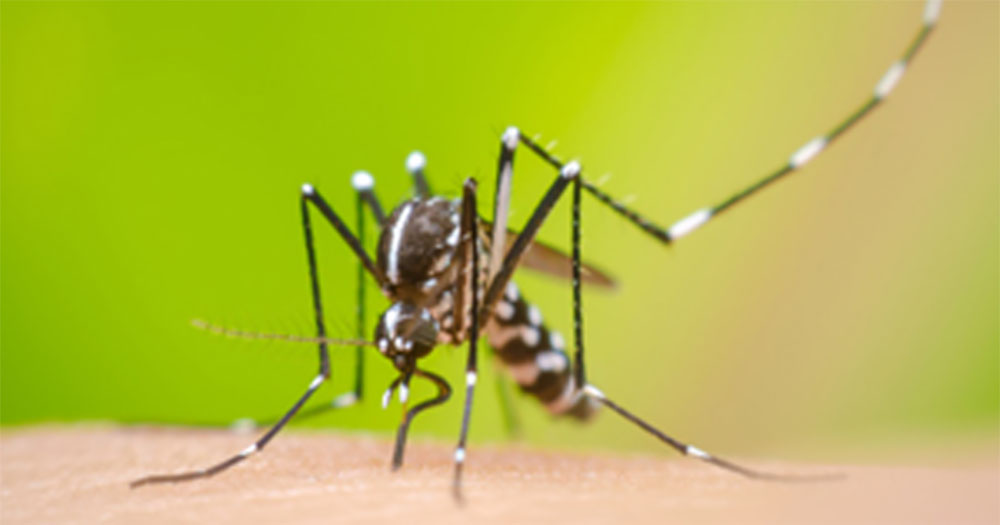Follow us on Telegram for the latest updates: https://t.me/mothershipsg
A new study found that some people do indeed get more mosquito bites owing to the smell of their skin that attracts the blood suckers more.
This is according to a paper published on Oct. 18 in the scientific journal Cell.
Higher levels of carboxylic acids = More mosquito bites
Each person has a unique scent profile due to chemical compounds the body produces.
Those who produce high levels of carboxylic acids were discovered to be more attractive to mosquitoes.
Carboxylic acids refer to organic acids, such as amino acids and fatty acids.
Organic acids are produced in human sebum on the skin.
Sebum is an oily substance to keep the skin moisturised and protected.
How was experiment carried out
A total of 64 volunteers took part in the research.
Researchers collected their skin odour samples via nylon stockings worn around their forearms.
The next step involved experiments over several months.
Two different stockings were placed into a container housing female Aedes aegypti mosquitoes, which spread dengue and Zika.
Each stocking was pitted against the rest and the data was collected.
The aim was to see which stocking was attractive to more mosquitoes.
The stockings were put in separate traps at the end of a long tube, then dozens of mosquitos were released.
It was obvious which stocking was more attractive right away.
Disparity between those who attract mosquitoes & those who don't
The biggest mosquito magnet had an attractiveness score of more than 100 times greater than that of the two least attractive subjects.
It was discovered that the most attractive subjects tend to produce greater levels of carboxylic acids on their skin.
The least attractive subjects produced much less.
Those who are attractive to mosquitoes, it was concluded, will most likely remain attractive, as the most viable skin bacteria reside in the pores, and are not affected by hygiene habits and seasonal weather changes.
Healthy bacteria that live on the skin eat up these acids and produce part of the skin’s odour profile.
And by testing the same people over multiple years, the study showed that these big differences stick around -- those who get bitten more, continue to get bitten more.
Understanding what makes a person a "mosquito magnet" has public health implications, as a small fraction of humans serve as a reservoir of pathogens in disease-endemic areas.
There may be ways in the future to tinker with skin bacteria and change the smells produced to repel mosquitoes.
Top photo via NEA
If you like what you read, follow us on Facebook, Instagram, Twitter and Telegram to get the latest updates.
